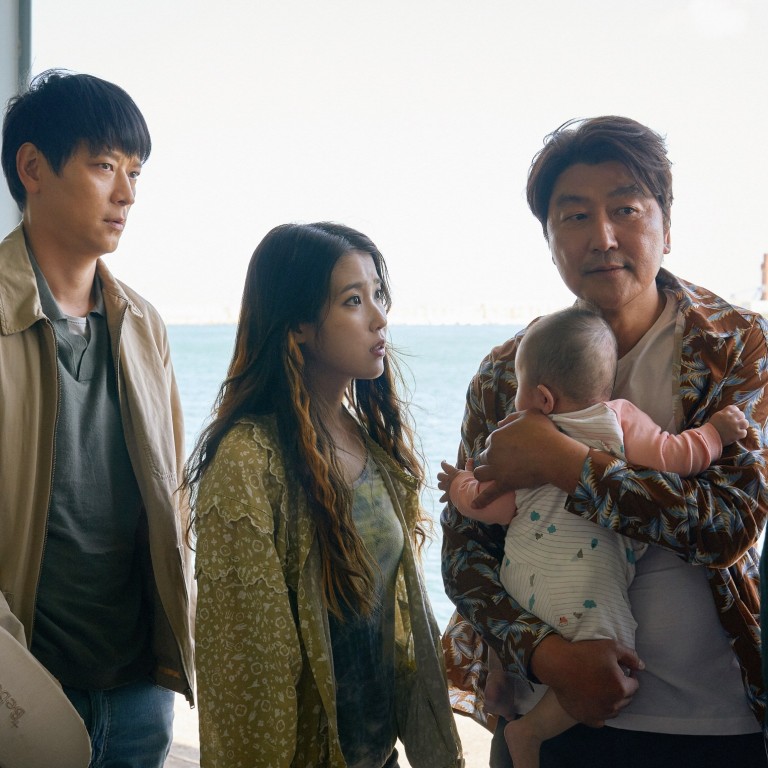
Broker: Hirokazu Koreeda, acclaimed Japanese director, on his first Korean film, starring Song Kang-ho, Gang Dong-won and IU
- The director and the stars of Cannes winner Broker had often talked about working together, but it was only in 2016 that he came up with the idea for the film
- ‘It just so happened that the actors I wanted to work with were Korean,’ Kore-eda adds, but the film’s timing, after Squid Game and Parasite, is propitious
“I hadn’t really felt the pressure until I came here,” he tells the Post in an interview when we meet on the festival’s penultimate day, “and then I got to my hotel and there was a massive banner for my film up.”
Even more disconcertingly, the animated intro that precedes each screening, set to the dreamy Carnival of the Animals by French composer Camille Saint-Saëns as the camera glides up a staircase resembling the steps of the festival’s famous Palais, had been changed in honour of Cannes’ 75th birthday.
On each step was the name of a legendary director – Scorsese, Lynch, Campion, Coppola, Kurosawa et al. “And my name was on there,” he gulps, “and then I really felt the pressure!”
Koreeda’s first movie in Korean, it once again highlights the Tokyo native’s skill and sensitivity as a filmmaker – one capable of drawing fine performances from his actors, even in a language other than his own.
Broker: Hirokazu Kore-eda’s sentimental baby adoption drama
“It was sort of lip service to start with,” says the director. “But then in 2016, I came up with this short plot which featured Song Kang-ho as a priest who was also a baby broker. And it centred on this baby box. And so the lip service turned into an actual idea for a film.
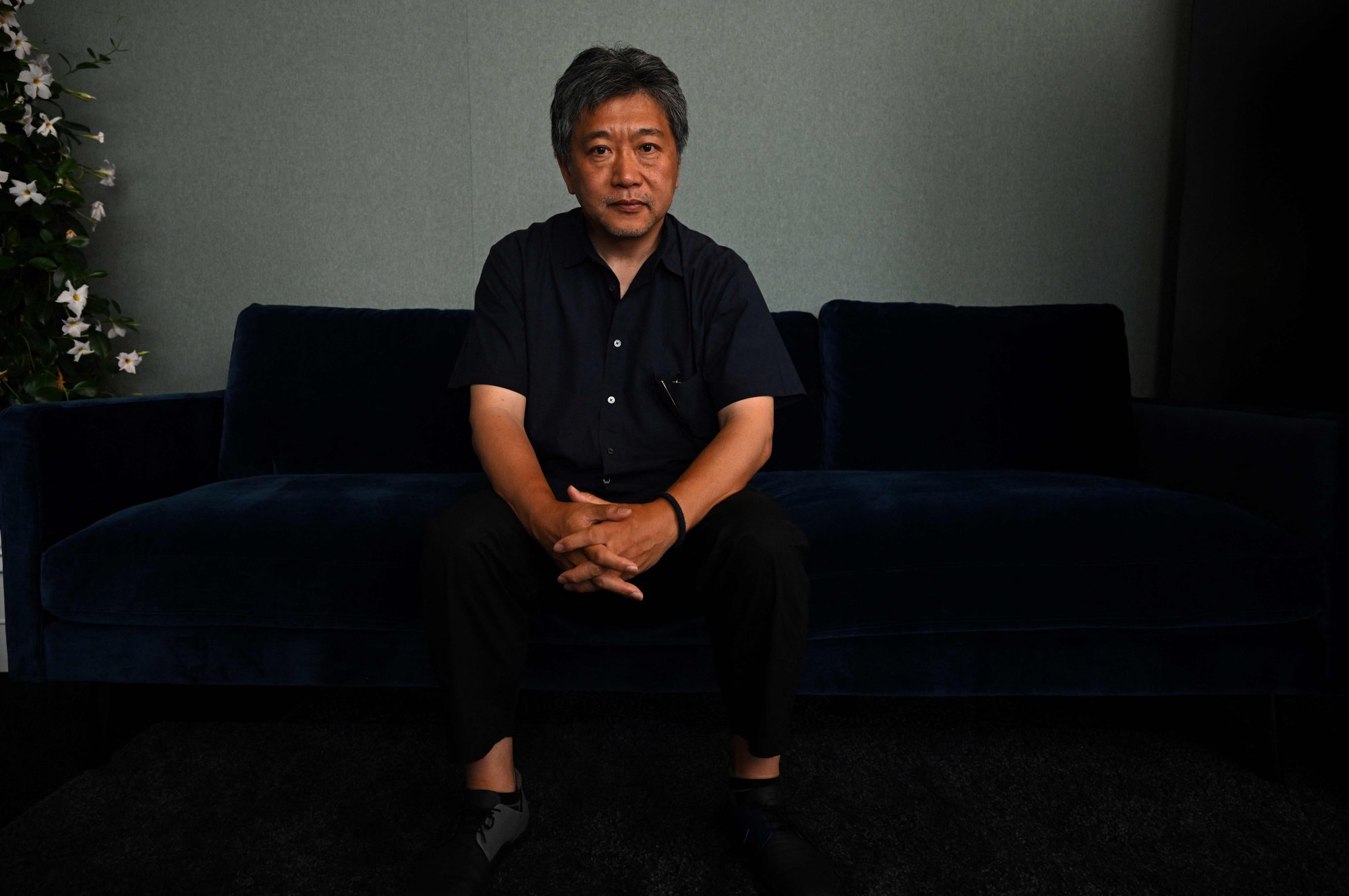
Koreeda encountered the idea of “baby boxes” when he was making his 2013 film Like Father, Like Son – the winner of the jury prize at Cannes that year and a major career breakthrough.
While researching the Japanese adoption and fostering system, he discovered baby boxes, which are designed for parents to leave unwanted children while allowing for complete anonymity. “I learned that Kumamoto had Japan’s only baby box [and] they have the same thing in Korea, but that 10 times as many babies are put into baby boxes in Korea as they are in Japan.”
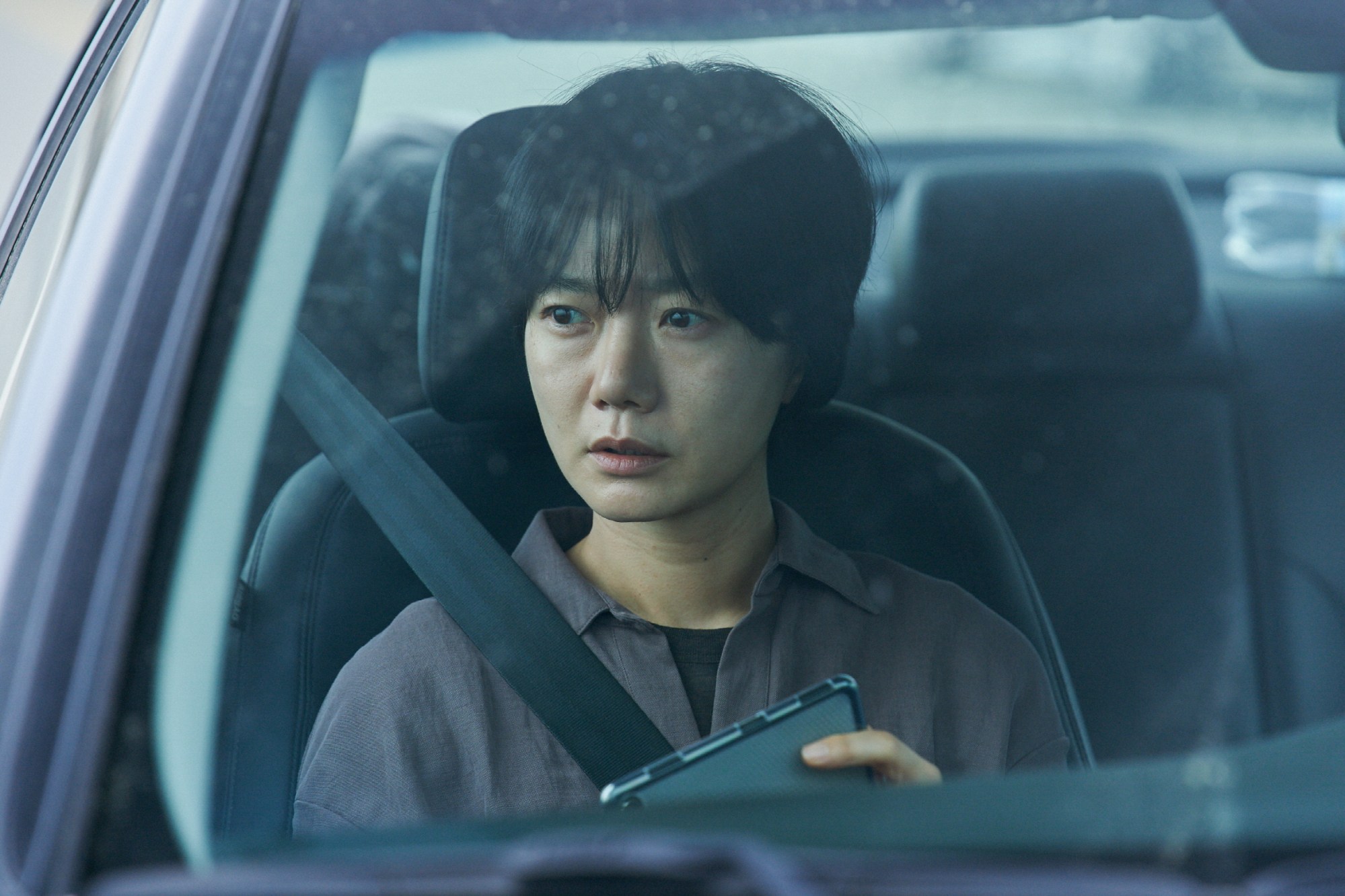
As the director’s idea for the film evolved, Song and Gang became two employees at a church who secretly sell off the infants left in a baby box. With a police officer, played by Bae, on their trail, the pair hook up with a mother (singer IU, also known as Lee Ji-eun) looking to abandon her boy. Accompanying them is Hae-jin, a young orphan with distant dreams of playing professional football.
Once again the film shows Koreeda’s interest in surrogate families – Shoplifters is the story of a Dickens-like team of petty crooks living together and surviving hand-to-mouth. Is he trying to change the way we think about the traditional nuclear family?
“It’s true that in Japan and in Korea, there are very deep-rooted conservative views of what a family looks like,” he explains. “It’s difficult to move away from that. And it means that families that are connected in other ways, maybe not by blood, find themselves often outside of society.”

Of course, the families in Shoplifters and Broker are linked by crime, and in the latter case they are child traffickers, which hardly positions them as a shining example to society.
“So it’s difficult to necessarily affirm these types of families,” Koreeda concedes, “but by depicting groups of people who aren’t connected by blood, I do hope that it starts to shine a light on – and helps us to re-evaluate – this idea that families can only be formed of people who are connected by blood.”
Broker also tackles the issue of abortion, with the baby box seen by some in the film as a preferable alternative to terminating a pregnancy. “I didn’t intend for the film to be a comment on abortion,” Koreeda says, “but the idea of the baby box in Japan and Korea is still quite divisive.
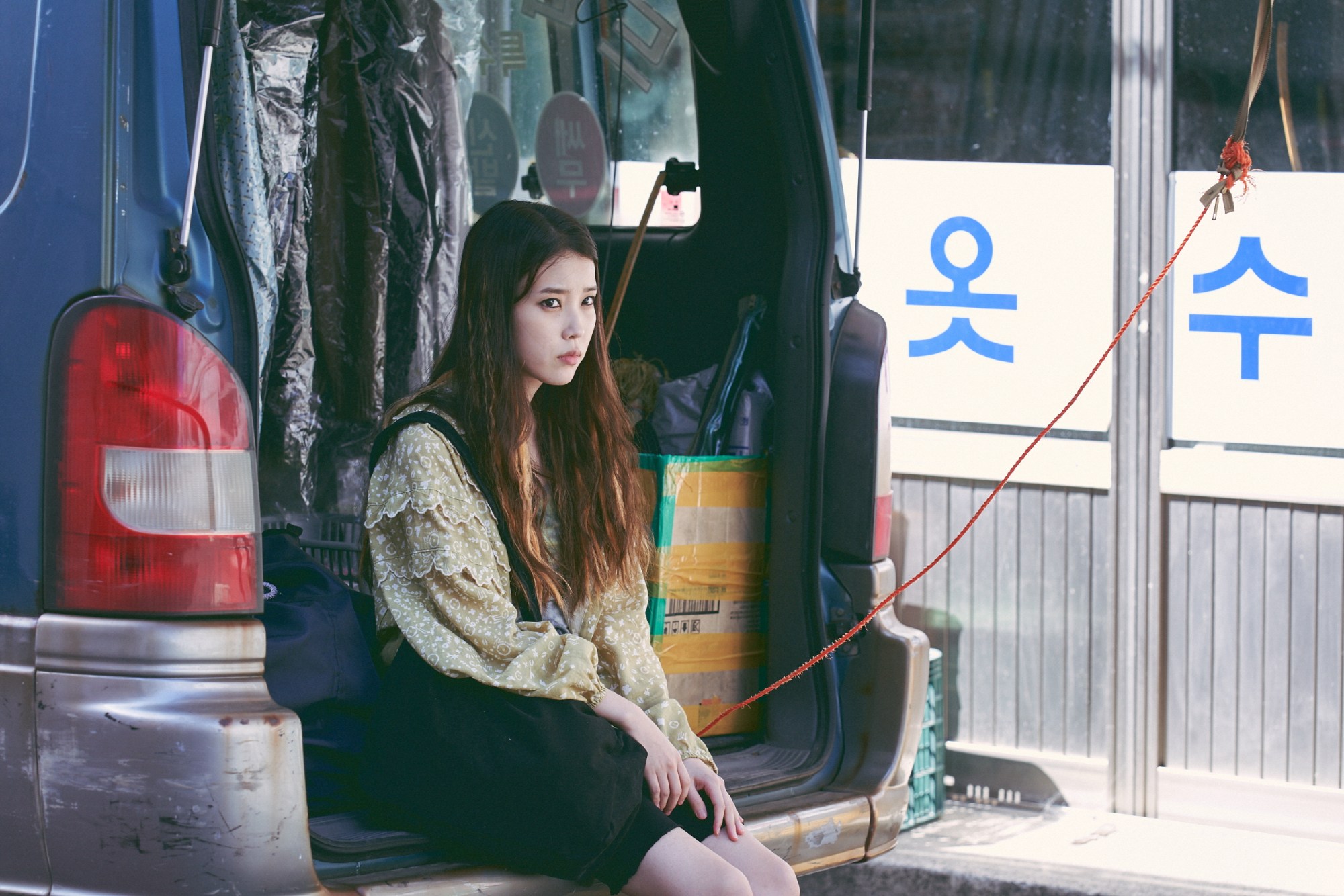
“There are people that say that baby boxes are good because they save lives. There are others who say that they encourage women to discard their children, and so are a negative presence. I wanted to show that life is a blessing and to affirm the lives of these children, but I also wanted to show different people with different views and values.”
After working in France and Korea, Koreeda intends to return to Japan for his next film. “I can’t give you any specifics, but it’s based in a school,” he says, cryptically.
It won’t be his only project back home. He recently announced the formation of a group designed to reform conditions for freelance film professionals in Japan. Called the Association for the Establishment of a Japanese Version of CNC, it’s a nod to France’s government-backed Centre National du Cinema et de l’Image Animée.
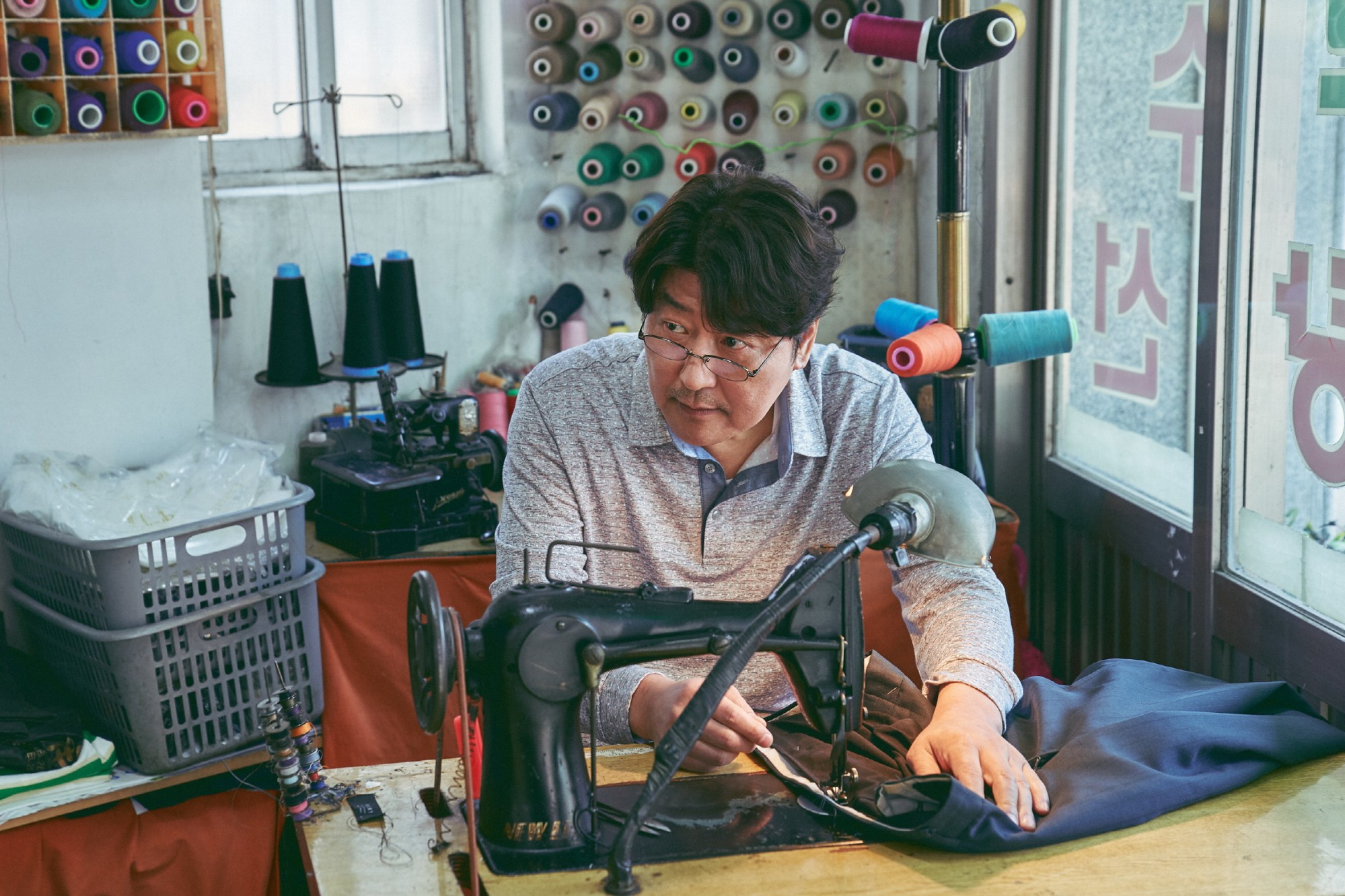
As the director said at a news conference: “We hope that we can push forward and improve the working environment in the film industry, even if only a little.”
Koreeda’s position today near the top of the Japanese film industry is hugely different to where he started out – toiling away in documentaries in the 1990s before making small-scale features such as After Life and Nobody Knows. Does he feel there’s more expectation on him in Japan?
“Yes!” he exclaims. Even the idea that he’d bring back another major Cannes prize clearly perturbs him.
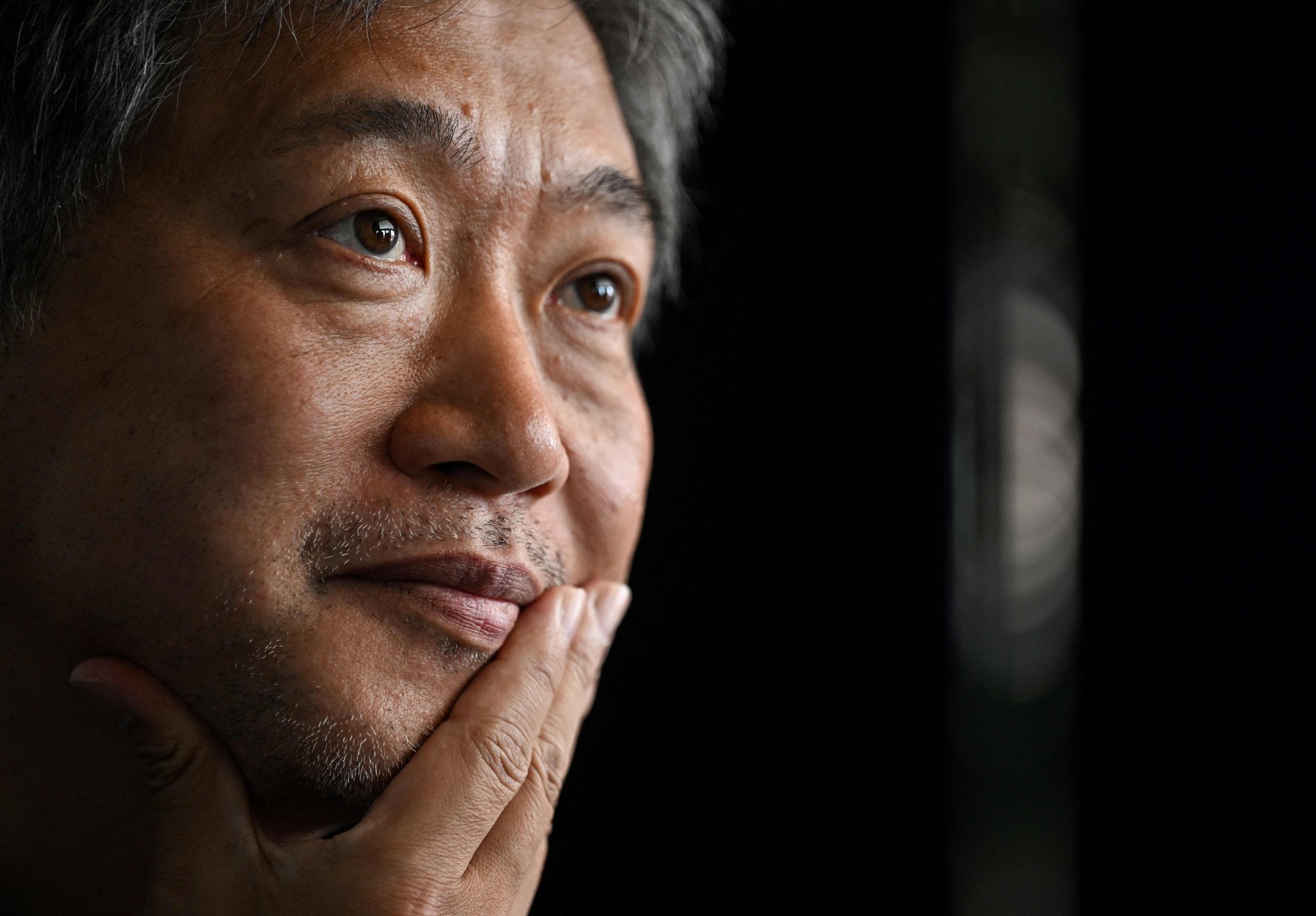
“I’d hoped that I could leave behind this view that that’s the only worthwhile outcome of a film festival … if you come home with a prize. But it hasn’t been as easy as I hoped. Honestly speaking.”

 (1).JPG?itok=0BHk6odg&v=1665981271)